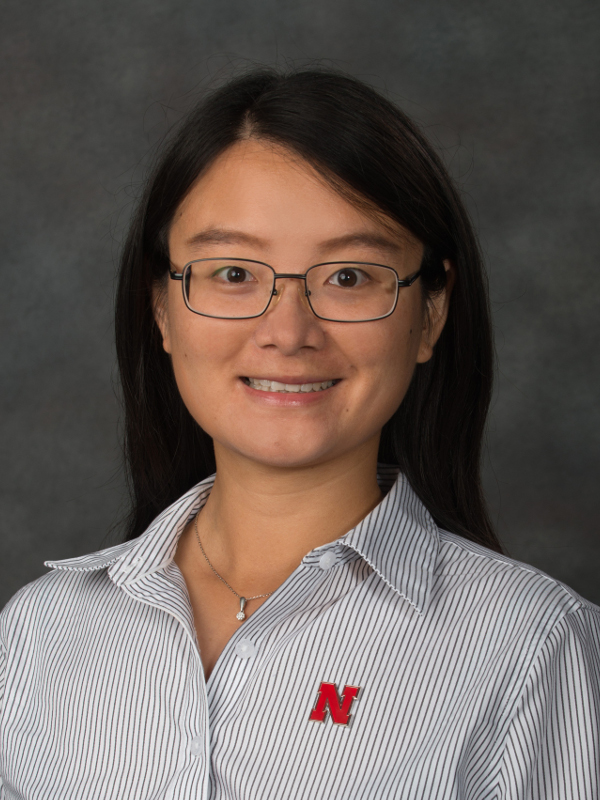2024 CPS PI Meeting Video Recap
2024 CPS PI Meeting Video Recap
That's a successful wrap on the 2024 Cyber-Physical Systems Principal Investigators' Meeting (CPS PI Meeting '24). The meeting was held on March 20th & 21st on campus at Vanderbilt University in Nashville, Tennessee. Highlights include keynote presentations from Meeko Oishi (University of New Mexico) and Ramesh Govindan (University of Southern California), lots of amazing posters and demonstrations, and was heavily focused on providing ample networking opportunities, and encouraging collaboration.

